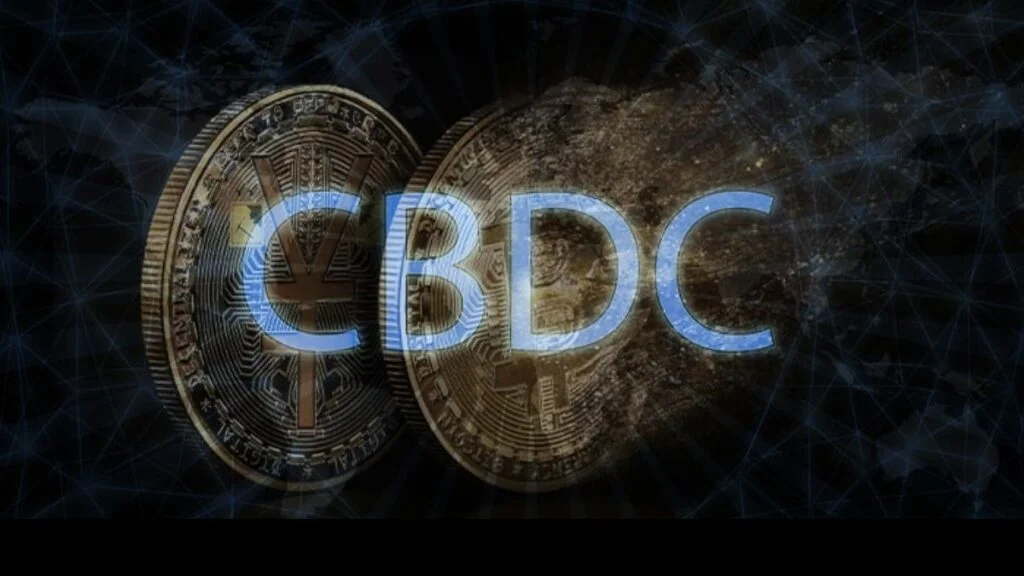The Bank for International Settlements (BIS) released its third publication on how commercial banks jurisdictions transferred money using CBDCs.

BIS delivers a complete report on the mBridge wholesale CBDC platform, the entire details of the mBridge pilot project of the Bank for International Settlements (BIS) to use central bank digital currencies (CBDCs) for foreign exchange have been made public.
The project, which was hailed as a success, used CBDCs and distributed ledger (blockchain) technology to facilitate cross-border payments between commercial banks in four jurisdictions. Between August 15 and September 23, twenty commercial banks in Hong Kong, China, the United Arab Emirates, and Thailand carried out payment and foreign exchange payment-versus-payment transactions on behalf of their corporate clients using the customized mBridge Ledger platform and CBDCs issued by their respective central banks.
The platform released more than $12 million, enabling more than 160 transactions totalling more than $22 million. Real-time peer-to-peer transactions were carried out on the mBridge Ledger platform using a single platform and direct access architecture using the HotStuff+ consensus method.
Additionally being evaluated is the Dashing dynamic-threshold consensus system. The initiative highlighted some policy difficulties. The project paper’s authors claim that the legal classification of a CBDC is the most urgent issue. They penned:
“The typical question is whether CBDC on the platform would be classed as currency, a representation of funds on account with the central bank, a debt or something else.”
The new technology raised even more fundamental issues than that, with the authors continuing:
“Extending access to central bank money directly to foreign participants and conducting transactions on a shared ledger requires further exploration of policy, data privacy and governance considerations.”
In 2023 and 2024, practical issues such combining liquidity management and FX price discovery will be dealt with.In recent days, a number of papers have been prepared by the Hong Kong-based BIS Innovation Hub Center.
The Genesis 2.0 project, which aimed to produce tokenized green bonds, was carried out by the BIS center, the Hong Kong Monetary Authority (HKMA), and the United Nations Climate Change Global Innovation Hub.
The results of this project were released on October 24. Retail and wholesale CBDCs have been the subject of separate studies by BIS and the HKMA. On October 21st, they released the most recent update on their Project Aurum retail CBDC project.
